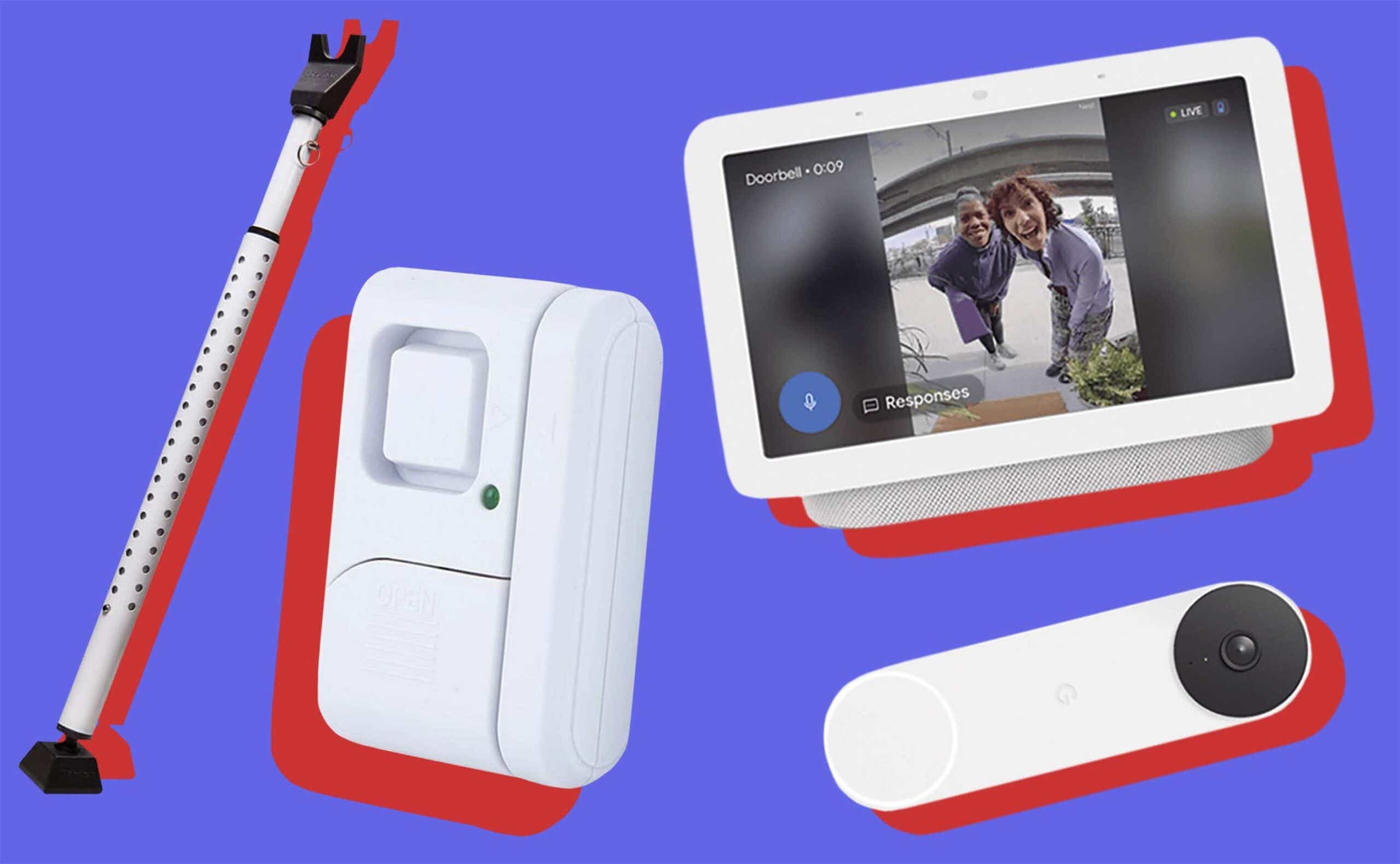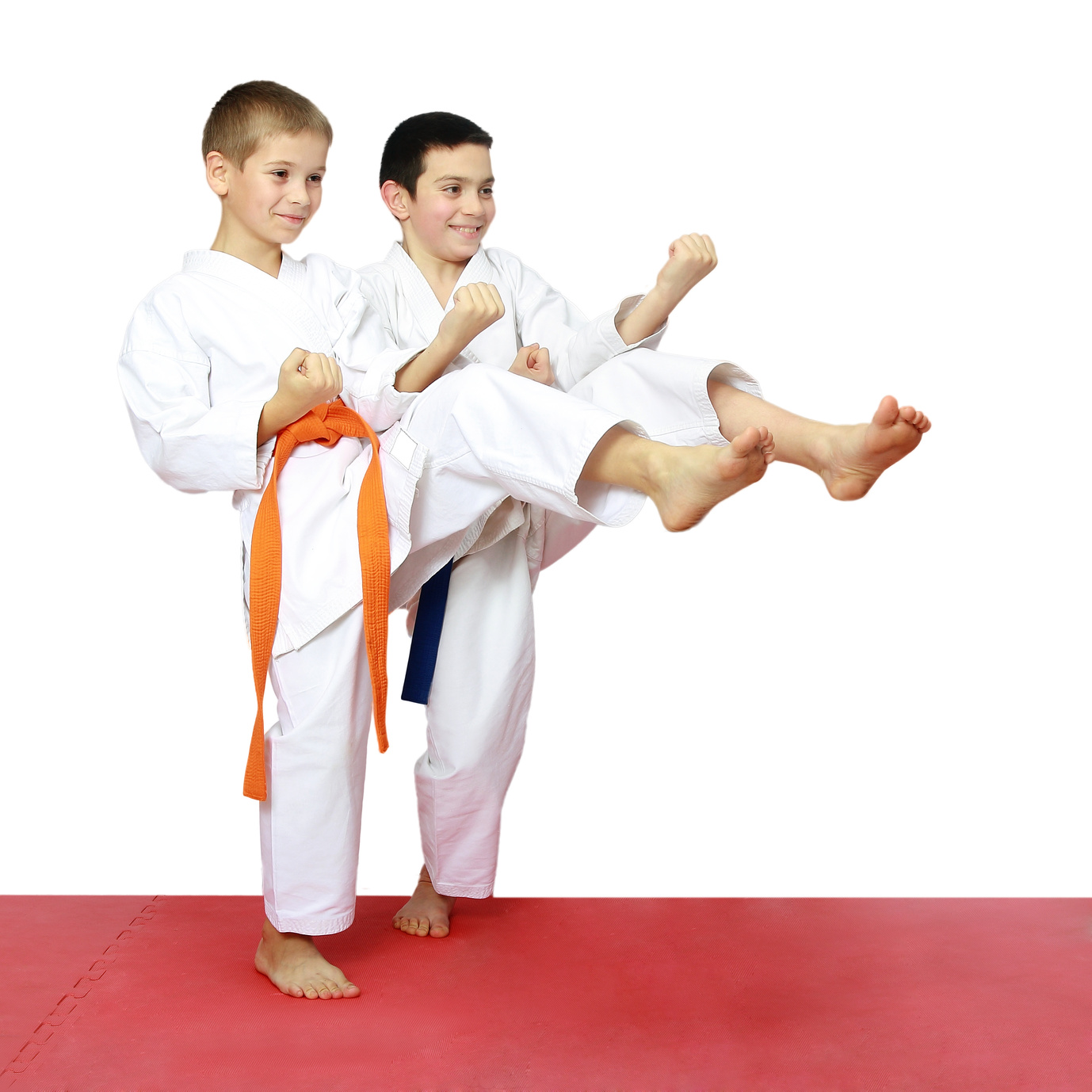
There are many things you need to know about personal security courses and the cost of becoming a close guard agent or bodyguard. This article will answer any questions you may have about the courses available and the requirements required to obtain a license. This article also discusses where you can receive your training, as well as where to find these courses. It is a great way to learn the basics of personal protection and to increase your security awareness.
Personal security courses at a cost
In today's tumultuous nation, taking personal security courses is an absolute must. Many people feel their lives are constantly in danger due to the current state of the country. No matter where you live, whether you work in a high danger sector or in a low risk area, you must take steps to protect you life. There are many options to choose from for all income levels and education levels. Here are some benefits to a personal safety course.
Although it can be difficult for people to budget for security training, there are plenty of options for anyone who wants to secure a building. A weekend course costs just $200 while a three-week course is available in England for between $2,300 and $5,400. Regardless of your budget, it's crucial to find a course that meets your training needs and your budget.
Types of courses
There are many types of personal safety courses. This training covers driving, marksmanship, first aid, and more. States have their own laws regarding personal security. While some states require licenses as well training, others require a concealed carrying permit and training in driving or marksmanship. Legitimate EP contractors need to have the required training and licensing. There are also questions about firearms being used in private sector executive protection positions.

Some courses will teach you how to use force and non-permissive security operation. Training focuses primarily on handguns because they are easily concealable. Advanced courses may include multiple targets engagement, shooting in a variety positions and interpretive observations. Some courses even incorporate venue security. No matter what type of training you choose, it is important to complete some personal security courses. And make sure to find the one that will best suit your needs.
How to get a license for close protection or bodyguard agent
A bodyguard, also known by the name "close protection agent", is a security professional who protects VIPs in dangerous situations and from physical attacks. Bodyguards do not just protect celebrities, but also clients from a variety of other sectors. The main goal of a bodyguard is to protect a client and not to look intimidating or menacing. Most bodyguards don't need to wear dark suits, but they do wear designer sunglasses and designer clothing.
The Security Industry Authority oversees executive protection and close protection. A Level 3 Close Protection Course is required to obtain a license. Once you have received confirmation, the next step is to complete the course. The SIA will conduct background checks, including checking your age, criminal history, identity, and gender. To be eligible legally for this type, you will have to pass a Disclosure and Barring Service test (DBS).
Locations that offer personal security training
The Military Training Center hosts the Personal Security Details Course, a course in high-risk personal safety. It is a unique mixture of Military Protective Services and Police training. This course is modeled after special operations military training programs. The courses provide full immersion training, theory, as well as practical special operations protection services training. Training teams offer practical training in real-life situations and simulations. These courses are compliant with the requirements of Personal Protection Specialist (PPS) training.

FAQ
How can I prepare my home for war?
It is important to make sure that all windows have been closed tightly. You can then store everything that you have. You'll need to have enough food and water stored away as well.
You should also have an evacuation plan worked out. If there is any chance at all that your home could be attacked by enemy forces, you must evacuate immediately.
If you don't, then you may die!
How can I begin survival preparation?
Start with an emergency plan. Start with a basic kit that includes food, water and shelter. Next, add items that can help you remain safe and secure.
You might also consider adding a solar-powered radio, flashlight, compass, whistle, and map. Fishing equipment is a good option if you live near streams, rivers, and lakes.
A bug-out kit (BOO) can be a great way of preparing for an emergency. This backpack is filled with essential gear. Some BOOs include a tent, sleeping bags and firestarter. They also contain pots, stoves, cookware, batteries, flashlights, first-aid kits, toiletries, and other essential gear.
There are many options available when it comes to disaster preparedness. These are the basics. Expand your list according to your situation.
What medical supplies should I stockpile?
If you're going to be in an emergency situation and have to take over medicine, make sure you have enough for at most three months. The best way to do this is by stocking up on all types of medications, including antibiotics, pain relievers, cold medicines, etc. You may also want to consider storing food as well because if you don't have access to fresh foods, you won't have much time to prepare them.
How do I doomsday planning on a budget
It can be difficult to prepare for the apocalypse. But if you have to, then here are three ways to make sure you're ready.
-
Make sure you have enough food and water. When disaster strikes, you don't want your supplies to run out.
-
Get a solar-powered radio. This device will keep your informed about the latest happenings around the globe in case of power failures.
-
Learn how you can grow your own food. This will allow you to know exactly what foods you should eat. This will also mean that you don't have to worry if you run out of ingredients.
Statistics
- A gravel bike was the clear winner, receiving more than 90 percent of the votes. Background: This summer, we surveyed our readers about what they’d shove into a backpack if they were caught unprepared for the collapse of society. (inverse.com)
- A survey commissioned by National Geographic found that forty percent of Americans believed that stocking up on supplies or building a bomb shelter was a wiser investment than a 401(k). (newyorker.com)
- Approximately a hundred and seventeen million people earn, on average, the same income they did in 1980, while the typical income for the top one percent has nearly tripled. (newyorker.com)
External Links
How To
How to survive without anything in the wild
Many people don't know how to survive in the wild in this modern world. First, you need to learn how make fire, hunt animals, gather water, and build shelters. It is essential to be able understand the types of food, places you travel, your shelter, and the tools you use to survive in nature. If you want to survive in the wild, you should think like a hunter because if you don't know how to survive in such a place, you will die.
Survival tips
-
Before you venture out into the wild, make sure that you have a plan. It is better to have a plan than to run into problems while trying to survive in wilderness.
-
A map of your local area is a must. If you get lost in the woods, you can easily find your way home using a map.
-
Stay hydrated. Drinking enough water is crucial when you are outdoors. You should drink at least 2 liters of water per day.
-
Know which plants are edible. Learn how to recognize the different kinds of plants.
-
Choose a safe area to sleep. Stay away from dangerous animals or places.
-
Make a shelter. Shelters are essential for keeping warm during winter.
-
Use a compass. When you're out in the wild, it is extremely useful to know how to read a compasse.
-
Always carry a knife. Knives are very useful for hunting.
-
Know how to start a fire. Fire is very important when you are in the wilderness.
-
Predators should be aware. If you aren't careful, predators could attempt to harm.
-
It is important to know how weapons work. Weapons are very helpful when you are in the forest.
-
Avoid poisonous serpents. Snake bites can prove fatal.
-
Avoid being bitten by bugs. You could be bitten by insects that carry disease.
-
Protect yourself against lightning. Lightning strikes can cause severe damage.
-
Don't touch dead bodies. Dead bodies can give you disease.
-
Look after your health. When you are in survival mode, you need to look after your health.
-
Be aware of fire hazards. Fires can do serious damage to forests and cause extensive destruction.
-
Don't waste any time. Your most valuable possession, time, is precious.
-
Don't panic. Panic will only make matters worse
-
Don't lose hope. It is the only thing that keeps us going.
-
Don't get complacent. Complacency can lead to death.